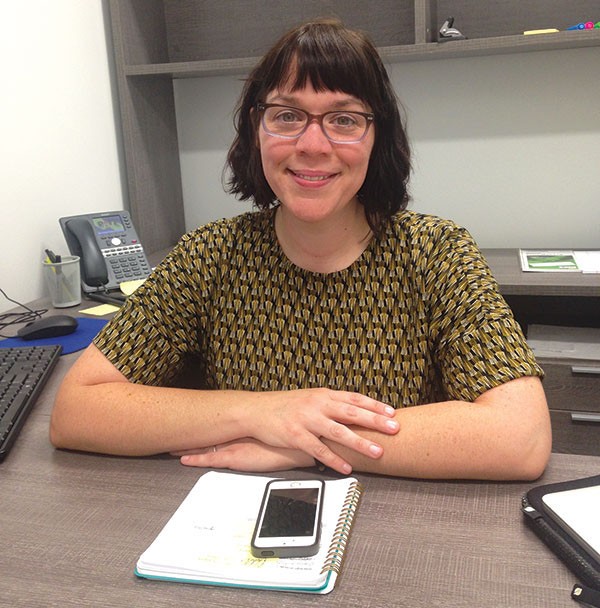Health-care access for people living with HIV can be daunting. Regional medical providers have recently made efforts to connect directly with these patients, particularly those in the LGBT and black communities, but stigmas associated with HIV still exist. In order to break down those barriers, the Pittsburgh AIDS Task Force hired Dr. Sarah McBeth, who will provide health-care services at PATF’s office in East Liberty. McBeth, who also works part time at UMPC, started at PATF in August. City Paper sat down with her to discuss her new position and health-care access in the HIV community.
What drew you to this position?
I worked in Mozambique as part of my residency; the HIV epidemic is incredibly pressing there. It really had a huge affect on me. I also saw people there who were near death from AIDS, start medication, and get much better and have normal lives again. It’s both a really rewarding field for me, and something that I feel strong about.
What was Mozambique like?
I was there right around the time medications were becoming available, but it was overwhelming the number of people that needed treatment. Especially at that time, because it wasn’t widely available. And people would come in with really advanced diseases. There were some that we couldn’t help. It just drove me to do a better job screening and catching the infection early and getting people on treatment.
Health-care access for those living with HIV has been difficult. Now that the task force has a medical director, do you see access improving?
We are hoping so. A lot of Pittsburgh’s HIV epidemic is among people who are hard to reach. If people are accessing the facilities here at PATF, whether they’re seeing their case manager or using the food bank, and if we know that person isn’t in care, then we want to grab that person and say, “Let’s get your numbers checked. Have you talked to the doctor?” … In addition to having infectious-disease training, I’m trained in internal medicine, so I can function as a primary-care physician for adults. People who may not feel comfortable going elsewhere, we can take care of all their health-care needs here.
What would be your message to those in the Pittsburgh region living with HIV?
Everyone living with HIV should be an advocate for themselves in terms of finding a place where they feel comfortable getting medical care and finding a medication to prevent the long-term consequences of HIV. All over this city we have lots of great HIV [care] providers. Sometimes I feel like patients don’t connect with someone, and they need to find someone that works for them. … I think people should know medications for HIV now are well tolerated, [have] simple regiments and are extremely effective. That hasn’t always been the case in HIV care.
Considering the high percentages of African Americans living with HIV, do you have any advice for the black community?
I think there is a lot of stigma in the black community. I know it’s especially hard for gay young men, who face stigma just for their sexuality. In fact, I have a patient who felt anxious about coming out to his friend, because she has a young son he baby-sits. There is absolutely no risk there, to the child [for contracting HIV], but he’s afraid at how she might react because there is so much stigma. He is doing everything he’s supposed to be doing … but I can’t correct what other people think. However, for those that need STD testing, if they are unfortunate to discover they are HIV-positive, we can connect them to the services they need right here.


